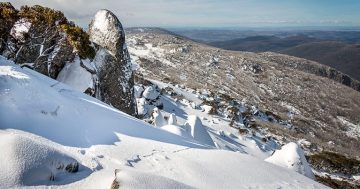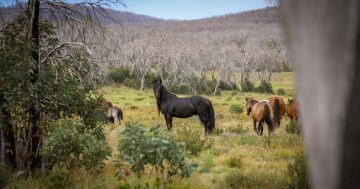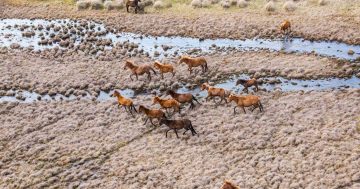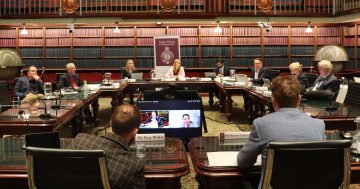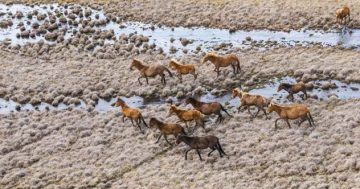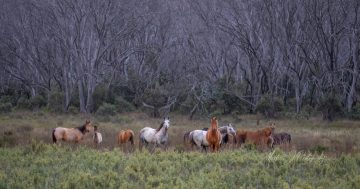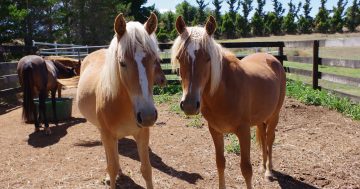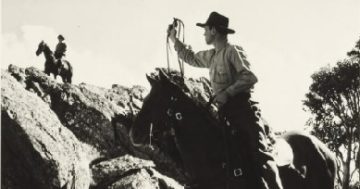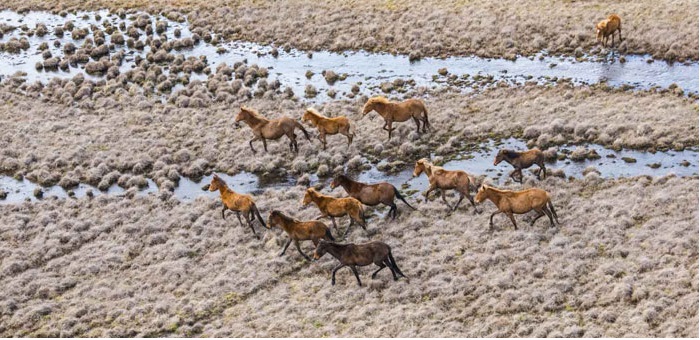
The federal Senate inquiry report says legislative inconsistencies between the federal and NSW governments were a significant complicating factor in the management of feral horses in the Australian Alps. Photo: File.
A joint Senate inquiry examining the impacts and management of feral horses, also known as wild horses or brumbies, in the Australian Alps has released its findings with 14 recommendations.
But the Senate Environment and Communications References Committee inquiry was unable to strike a unanimous verdict, with dissenting Coalition senators submitting their own set of nine recommendations based on their concerns about the veracity and neutrality of the eight-month probe.
The seven-person committee consisted of two Labor and three Coalition senators, as well as Greens chair Sarah Hanson-Young and ACT Independent David Pocock, who instigated the inquiry in April 2023.
While the Labor-endorsed final report has encouraged greater collaboration between Australia’s alpine region states and territory – NSW, Victoria and the ACT – a majority of the recommendations empower the Federal Government with greater overarching environmental controls.
This includes proposals for a national wild horse impact and population assessment by the Department of Climate Change, Energy, the Environment and Water (DCCEEW); listing habitat degradation, competition and disease transmission by wild horses as a Key Threatening Process – a major threat to the Australian environment – and the introduction of a national framework, termed the Threat Abatement Plan, to reduce the threat of horses in the Australian Alps.
The recommendations include the Commonwealth spearheading national management plans for the protection of heritage-listed areas such as the Australian Alps National Parks and Reserves.
This would include increased monitoring and recovery plans for Environment Protection and Biodiversity Conservation Act 1999 (EPBC Act)-listed species, such as the Stocky Galaxias and Southern Corroboree Frog, and includes amendments to the act to factor in international obligations including the Kunming-Montreal Global Biodiversity Framework.
The report also recommends the Murray-Darling Basin Authority (MDBA) measure, monitor and record the quality of basin water resources in and flowing from the Australian Alps, and undertake an immediate assessment of the condition of the Hume Reservoir catchment, with particular reference to the impact of wild horses.
There are calls for increased federal funding for wild horse management in NSW and Victoria, investment in the Invasive Species Council-powered Feral Scan to develop a platform for the monitoring and logging of horses, and amendments to the Kosciuszko National Park Wild Horse Heritage Management Plan to allow the use of aerial shooting in NSW.
Other recommendations include Indigenous representation on the Australian Alps Liaison Committee and state government safety and protection measures for parks and law-enforcement staff.
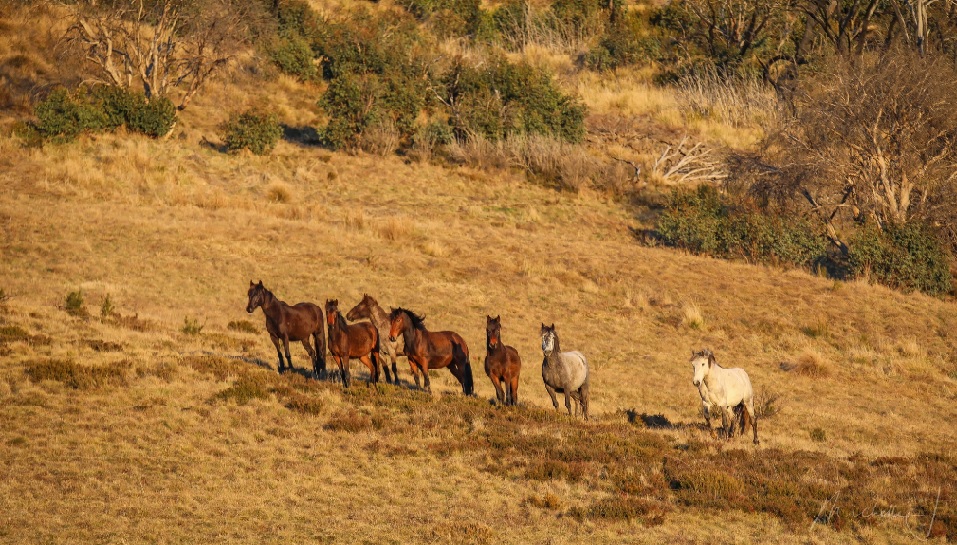
Dissenting senators said the desire for pro-brumby advocates to work with state and territory governments to develop an agreeable action plan relating to the control of brumby numbers in the Australian Alps was not reciprocated by the government departments and anti-brumby groups. Photo: File.
But Nationals Senator Ross Cadell and the Liberals’ Holly Hughes have challenged the inquiry’s reliance on population count methodologies and data, which they say is implausible, unreliable and inadequate, or out of date, and potentially overplayed the current impact of the wild horses on the environment.
They also claim that during the two days of public inquiry, substantially less time and respect were afforded to pro-brumby advocates than other witnesses, with some unnecessarily questioned extensively on their credibility and qualifications.
“Unfortunately, we also therefore do not regard it as an epiphany or even as a surprise that the content of the Majority Report has fallen strongly on the side of those witnesses advocating for significant brumby culling,” they said.
Their recommendations include compliance with more complex statistical modelling techniques; evaluation of alternative methods of horse population control, including investment in developing humane non-lethal control, including funds for the NSW Government to support control methods other than aerial shooting; three-yearly impact evaluation studies, use of federally funded drone technology for ongoing monitoring, and legal advice on Commonwealth involvement in state and territory matters.
They also said the MDBA was already empowered to undertake research detailed in the Senate report and those recommendations were an example of the Commonwealth extending itself into areas that already had designated authority.
ACT Independent Senator David Pocock offered four further recommendations: the urgent repeal of the Kosciuszko Wild Horse Heritage Act 2018; all jurisdictions adopt a zero-tolerance approach to feral horse management; immediate and ongoing funding to the ACT Government for continuing feral horse monitoring and management; and an amendment of the EPBC Act to add “the failure to act”, as a definition of ”action”, where the result of that failure is likely or known to have a significant impact on a matter of national environmental significance.
The Invasive Species Council has welcomed the report, which comes ahead of a decision to be made in the coming weeks by NSW Environment Minister Penny Sharpe on whether to allow aerial control of feral horses in Kosciuszko National Park.
Invasive Species Council advocacy manager Jack Gough said urgent action was now required before native animals became extinct and alpine streams were trashed beyond repair.
“No-one likes to see animals killed, but the sad reality is that we have a choice to make between urgently reducing the numbers of feral horses or accepting the destruction of sensitive alpine ecosystems and habitats, and the decline and extinction of native animals,” he said.
Federal Environment Minister Tanya Plibersek said she was still considering the Senate committee’s findings.
Original Article published by Edwina Mason on About Regional.







